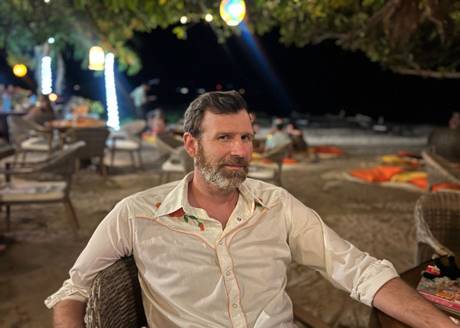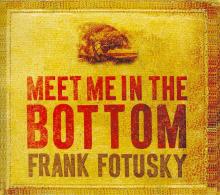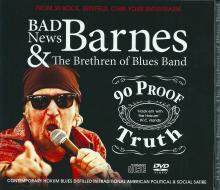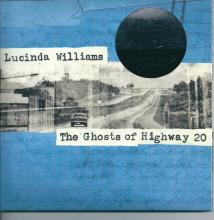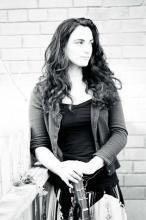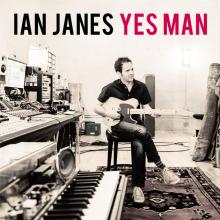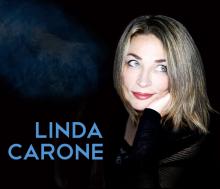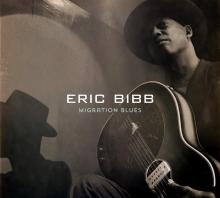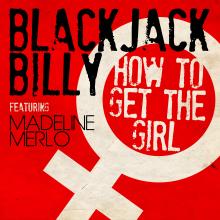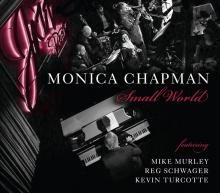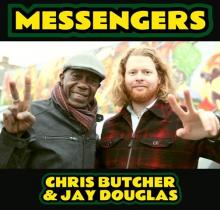Photo Credit Sarah Craig
Accomplished Americana/roots-rocksinger-songwriter and multi-instrumentalist Ryan Wayne releases his debut solo album Crow Amongst The Sparrows. It will be out onFriday, September 22ndon all major platforms and will be followed by an album release matinee party on Saturday, November 4th at the Dakota Tavern, 249 Ossington Avenue Toronto, ON. Ryan will be joined by special guests John Bridgens & Annelise Noronha for a short opening set. Doors open at 2:00pm and music starts at 2:30. Tickets: Advance $25 + HST/Fees | Door $30 at Eventbrite. For more information please visit any of the artist links below and at his website and at The Dakota | FB Event Page.
Ryan Wayne is a Canadian singer-songwriter and multi-instrumentalist. He first came to recognition as a founding member and songwriter in the critically acclaimed, award-winning band, The Warped 45s (Pheromone Recordings). In early 2022, after several years away from touring and recording, Ryan suffered two strokes. As part of the healing process, Ryan was drawn back to the music world and began the final production and mixing on a series of self-produced songs with Grammy-Award winning producer and mixing engineer, Malcolm Burn (Bob Dylan, Emmylou Harris, Patti Smith, Daniel Lanois), songs that will comprise the record, Crow Amongst the Sparrows, to be released in 2023.
Born and raised in the blue collar town of Oshawa, just east of Toronto, Ryan grew up surrounded by music. His father is a songwriting truck driver, and Ryan spent countless summer nights singing with aunts, uncles, cousins, grandparents, and friends at the family cabin in the Madawaska Valley.
During his musical career, Ryan has had the opportunity to tour the globe, sharing the stage with artists such as The Drive By Truckers, The Skydiggers, Elliott Brood, Deer Tick, The Once, and Justin Rutledge. Ryan has also recorded with many artists including playing mandolin on “Road Regrets” off Dan Mangan’s seminal record, Nice, Nice, Very Nice
"Forty Paces to the Bottom" compares the height of a fire escape to the length of the downward distance travelled before reaching a necessary turning point in one's life. The atmospheric layers of treated guitar and Wayne's tender-hearted vocal set an appropriately wistful mood.
"The song is an attempt to create a narrative out of life’s personal challenges, particularly: financial insecurity, alcoholism, mindfulness, lost love, and indecisiveness. The song has lingered for many years, seeing several iterations in sound and lyrics. What was once a simple folk song, became a song that my previous band, The Warped 45s, occasionally played live, until it eventually landed on the sound that made this record. With each turn, came changes to the lyrical narrative as well. Whether it has found its appropriate finale, I’m not sure, but at some point, it needed to be set loose."
"Maybe I’m to Blame" is a slice of Americana-meets-psychedelia that swirls drunkenly along as the protagonist accepts accountability for the end of a romance. It sounds like Steve Earle backed by Pink Floyd and produced by Daniel Lanois, culminating in a swaying semi-frenzy of Crazy Horse-type guitar. It was co-written many years ago with fellow singer-songwriter and ace guitarist David Celia and revived during Wayne’s stroke recovery, with backing vocalist Kelley McCrae.
"Wherever You Land" is a gentle waltz that sounds like it was written by John Prine, sung by Bob Dylan, played by U2, and once again, produced by Daniel Lanois. The song extends a generous wish and prayer to all who've suffered, survived, or perished from the toll of the pandemic. Mired in the angst and apprehension of the early pandemic, the song is a farewell letter of sorts to the late great, John Prine in the wake of Prine's passing from COVID-19, and it was completed after Wayne suffered a health scare of his own.
Essentially a finger-picked folk song, but surrounded by gloriously whirling production, "Oh my Maria" explores the emotional dance faced when addiction and romance collide. To a backdrop of mesmerizing textures, the singer's forced to draw an uncomfortable but necessary line in the chorus: "Oh My Maria, I'm sorry but you can't stay." "The song reflects on the challenge of remaining compassionate while at the same time setting healthy boundaries, " says Wayne.
Let's let Wayne tell the story of "Bonafide Drifter." "In the wake of a powerful dericho that ripped across the North Eastern United States, leaving much of the region without electricity, my wife and I were embarking on a road trip to the Blue Ridge mountains and Asheville, North Carolina, our young daughter in the back seat. As day turned to night, we passed a number of hotels that were closed due to the power outage and a number of gas stations, also closed. Gas tank running low, sleepy, countless deer on the shoulders, and desperately in need of a room, we finally found a place accepting cash only. With a flashlight, we made our way to a room and then out to the parking lot I went, where an opportunistic man in a tank top and trucker hat was pumping gas from a large barrel in the back of his pickup truck, by hand, with a lit cigarette dangling from his lip – $10 a gallon. This song attempts to capture that adventure." A proud, unexpected trumpet courtesy of Teppei Kamei soars in about three quarters of the way into the song, and ending it beautifully.
A vaguely detailed story of a budding romance, "Crow Amongst the Sparrows" lopes along as it describes an unhurried but undeniable attraction. The sonically treated guitar textures, relaxed pace, and lean-in-to-hear-it vocals all evoke the mysterious mood of the song. There's a woman waiting tables, blowing smoke, and shadows on her bed in Manhattan – but not too much more to go on. The song started as a peculiar dream featuring the ghost of Leonard Cohen and a faceless stranger, shifting whimsically between cities, timeframes, and perspectives.
"Overheard in an All Night Diner" is less about eavesdropping on the patrons' specific conversations, than about the transcendent, almost surreal feeling of being there at four in the morning at the end of a long night. The sound is hazy, echoing, and swaying side to side – like the character narrating it – and conveys the atmosphere with swirling synthesizers, distorted electric guitars and a piano peeping through intermittently.
The spare, lean production on the lovely ballad "I Will Always Be Here For You," well serves this love song, written for Wayne's wife on their 10th Anniversary. "Every record should have a love song," he says.



